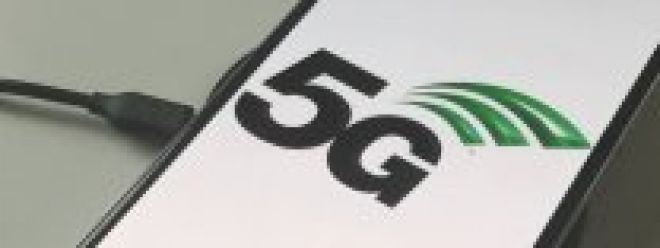Apple's own modem solution is a big challenge, but there are big rewards for success

Such as the rumored Apple Glass, but only if it ultimately matches or exceeds that of its existing modem supplier, Qualcomm. Apple has been a major customer of the modem maker's products after reaching a surprise settlement with Qualcomm in 2019 to end a patent infringement lawsuit. However, with Apple working on its own modems, the days of using Qualcomm's communications hardware may be numbered.
The Wall Street Journal profiled Apple's modem development efforts on Saturday, outlining the challenges Apple faces in creating a product good enough to replace Qualcomm's version. The rewards are manifold, including 5G for items like the MacBook Pro and the blazing speed of the iPhone. For future hardware, augmented reality headsets and smart glasses could benefit from fast speeds, the former requiring high bandwidth but less latency being more valuable. Apple's work in the field was bolstered by the acquisition of most of Intel's smartphone modem business and the hiring of about 2,200 engineers, but Apple continues to expand its talent pool in the field. At Apple's offices in Qualcomm's hometown of San Diego, there are about 140 jobs centered around R&D and manufacturing of cellular chips. Meanwhile, there are about 20 similar openings in a satellite engineering office in Irvine, Calif., likely in an attempt to lure Broadcom employees to the company. The current expectation is that Apple will switch to developing and producing its own modems starting in 2023, and TSMC will become the iPhone maker's chip foundry. Wayne Lam, senior research director of CCS Insight, told reporters that self-developed modems provide Apple with many advantages, including cost savings and less reliance on suppliers such as Qualcomm. Apple's relationship with Qualcomm has always been tense. The ability to fine-tune the modem for Apple's intended purpose is also a great benefit, as it can tweak the modem to work in a specific way for one product, but otherwise be more effective for another project. As for what the final impact might look like, the report compared the impact of Apple Silicon, which involves power-efficient chips that outperform Intel's alternatives. And design improvements could also improve connectivity for smaller devices like the Apple Watch. However, Tantra Analyst founder Prakash Sangam suggested that "modems are in some ways more complex than processors like the M1", in part due to the complexity of dealing with the many situations that can affect the signal. This could make it harder for Apple to produce, increasing the relative development time. "If you invest enough time, resources and money, it can be done," Sangam said. "But whether they can do it by 2023, I don't think anyone other than Apple can say for sure."